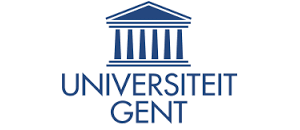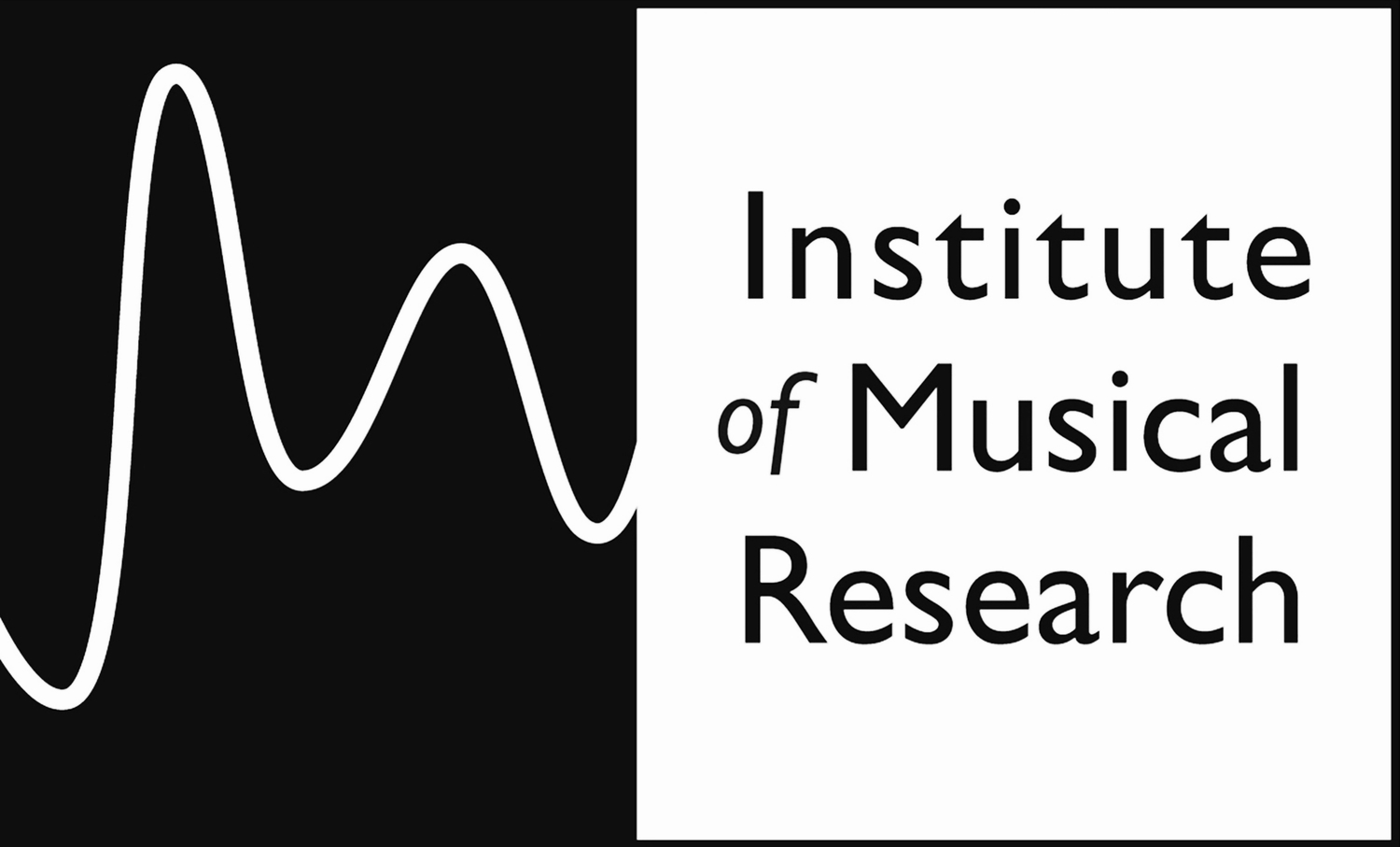In July 2017 SIMM organized a second international symposium in London, Milton court, Guildhall School of Music & Drama.
Program
MILTON COURT THEATRE
0945-1015 Opening remarks by John Sloboda and introduction to the SIMM centre by Lukas Pairon.
1015 -1145 SESSION 1: Experiences from the global south: impact of context and culture (South America / Palestine)
Chair: Geoffrey Baker, Royal Holloway University London, UK
“Trust and Peircean Ethnomusicology: tambora Music Projects to Reduce Violence in Northern Colombia” Ian Middleton, University of Illinois, Urbana Champaign, USA
The other faces of Music Research: A look at the research training policy in music of the National Plan of Music for Living Together PNMC of the Ministry of Culture of Colombia. Natalia Puerta, National Pedagogical University, Bogota, Colombia. (SEMPRE award)
Artistic research in multicultural environments: a case study from Programa Vocacional (São Paulo, Brazil) Juliano Abramovay, University of the Arts, Rotterdam, Netherlands. (SEMPRE award)
Music and social transformation in a Palestinian refugee camp Kim Boeskov, Norwegian Academy of Music, Oslo, Norway.
A Place for Musicking in Palestine: Stories from the West Bank and East Jerusalem Carol Frierson-Campbell, William Paterson University, Wayne, New Jersey, USA
1200 – 1330 SESSION 2: Experiences from the global south: impact of context and culture (Australasia / Africa)
Chair: Lukas Pairon, University of Ghent, Belgium
Articulating the Processes and Social Effects brought forth by Socially Engaged Music-Making Projects: A Case of the Ensemble Asia Orchestra Mia Nakamura, Kyushu University, Japan
“Participatory Composition- Sharing The Pie” Catherine Milliken, Griffith University, Brisbane, Australia.
What can the experiences of working with First Peoples bring to our understandings of the social impact of music making? Brydie Leigh-Bartlett, Queensland Conservatorium, Griffith University, Brisbane, Australia.
Transactions of hope at the Afghanistan National Institute of Music Gillian Howell, Queensland Conservatorium Griffith University, Brisbane, Australia
Participatory umuziki-making in Rwanda: Emergence of meaning Chris Nicholson, Musicians Without Borders, Kigali, Rwanda.
1430- 1600 SESSION 3: Social Impact of Orchestral Training: El Sistema and comparator projects
Chair: Jonathan Govias, University of North Carolina, Charlotte, USA
Outside-in: analysing the impact social ecosystems have on the núcleos to explain their eventual success. Alix Didier Sarrouy, Universite Sorbonne Nouvelle – Paris III, France (SEMPRE award)
Can classical music be a tool for social mobility? Marta Amico, King’s College London, UK
Can student interdependence in social action music programmes be experienced negatively? A contextual approach. Marc Sarazin – University of Oxford, UK.
Orquestra Geração in rehearsal: Production of order and the orchestrated generation of dispositions. Pedro Santos-Boia, Porto Polytechnic, Portugal.
School orchestras, social justice and me: A multi-layered ethnography of music education as/for sociocultural (re)production. Stephen Fairbanks, University of Cambridge,UK
1630 – 1800 SESSION 4: Making music in the complex social ecology of the metropolis: opportunities and challenges for London and other mega-cities
Chair: Graça Mota, Porto Polytechnic, Portugal
Making Music (for) Every Day Hannah Dunster & Gail McLeod. Soundcastle, London, UK.
No title submitted (title requested). Jenny Beer & Rhia Parker. Barbican Arts Centre / Guildhall School of Music & Drama, London, UK.
Music development for women in urban poverty. Klisala Harrison, University of Helsinki, Finland
Developing Social Health Through Community Singing with Participants Who Have Experienced Homelessness. Shelley Coyne, Edinburgh University, UK
Engineering Socially Impactful Music-Making: Applied Ethnomusicology Initiatives from The University of Melbourne. Jane Davidson & Samantha Dieckmann, University of Melbourne.
MILTON COURT THEATRE
0945 – 1045 SESSION 5: Music in Prisons and Detention
Chair: Jennie Henley, Royal College of Music, London, UK
Music In Detention – evaluation and research. John Speyer, Music in Detention, London, UK.
Findings from inside – the twofold social impact of making music with prisoners. Sarah Nussbaum, University of Nottingham, UK.
Prisons of Note. Aine Mangaoang, University of Oslo, Norway.
0945 – 1045 SESSION 6: [Rehearsal Room 3] Impact on health and in healthcare settings.
Chair: Susan Hallam, University College London, UK
Meaningful Music in Health Care (MiMiC). Rineke Smilde, Hanze University Groningen/Prince Claus Conservatoire, Netherlands, and University of Music & Performing Arts Vienna, Austria
Reflections on researching the social and health impact of music activities. Alexandra Lamont, University of Keele, UK.
A qualitative inquiry into the impact of an intergenerational musical residency for young people and care home residents with dementia. Gwawr Ifan, Bangor University, UK
1115 – 1300 Session 7: The role of conservatoires and other higher education institutions in delivering social impact of making music.
Chair: Helena Gaunt, Guildhall School of Music & Drama, London, UK.
The conservatoire and the society. Geir Johansen, Norwegian Academy of Music, Oslo, Norway
An initiative for the 21st century conservatory: The effects of musical collaboration between pre-service music education students and South Sudanese Australian diasporic youth. Kathryn Marsh and Catherine Ingram. Sydney Conservatorium of Music, Australia.
Music in the community: Investigating the effects of group music making programmes on older adults and higher education music students. Paolo Paolantonio, Conservatorio della Svizzera italiana, Lugano and Royal College of Music, London.
Meet4Music: A community music project in the context of higher music education. Silke Kruse-Weber and Andrea Gande, University of Music and Performing Arts Graz, Austria.
Preparing Teachers for Social Impact through Music Making. Brian Kaufman, University of Maryland Baltimore County, USA.
Towards an ethical practice. Jan Hendrickse, Guildhall School of Music & Drama, London, UK.
1400-1530 Session 8: Evaluation and funding of social impact projects
Chair: François Matarasso, Writer and Researcher, UK
Collecting, analysing and disseminating evaluation data from diverse settings and contexts: a foundation perspective. Nick Wilsdon & Carol Reid, National Foundation for Youth Music, London, UK
Exchanging Notes and social impact. Martin Fautley and Victoria Kinsella, Birmingham City University, UK.
Developing our approaches to evaluating our social impacts across the arts. Ian Thomas, British Council, London, UK.
ArtsEqual – The Arts as Public Service: Strategic Steps towards Equality. Sanna Kivijari, Sibelis Academy, University of the Arts Helsinki, Finland.
The concept of ‘flourishing’: a framework for considering the benefits of active enagement with music. Susan Hallam, University College London, UK.
1600-1800 Public Plenary Session
Keynote Lecture: Music, Research and Public Interest: A Dialogical Praxis For Social Justice
Samuel Araujo, Federal University of Rio de Janeiro.
Chair: John Sloboda, Guildhall School of Music & Drama
Panel: Angela Impey, School of Oriental & African Studies, London, UK
Graça Mota, Porto Polytechnic, Portugal
Lukas Pairon, University of Ghent, Belgium
In the key note session, Samuel Araujo will discuss his long-term work on music, violence, politics, and the public interest, emphasising the unique role of participatory research in engaging such issues within and beyond the walls of academia.
His talk will be followed by a Q&A session and a panel discussion of the key themes arising from the symposium. This session will be open to the public.



